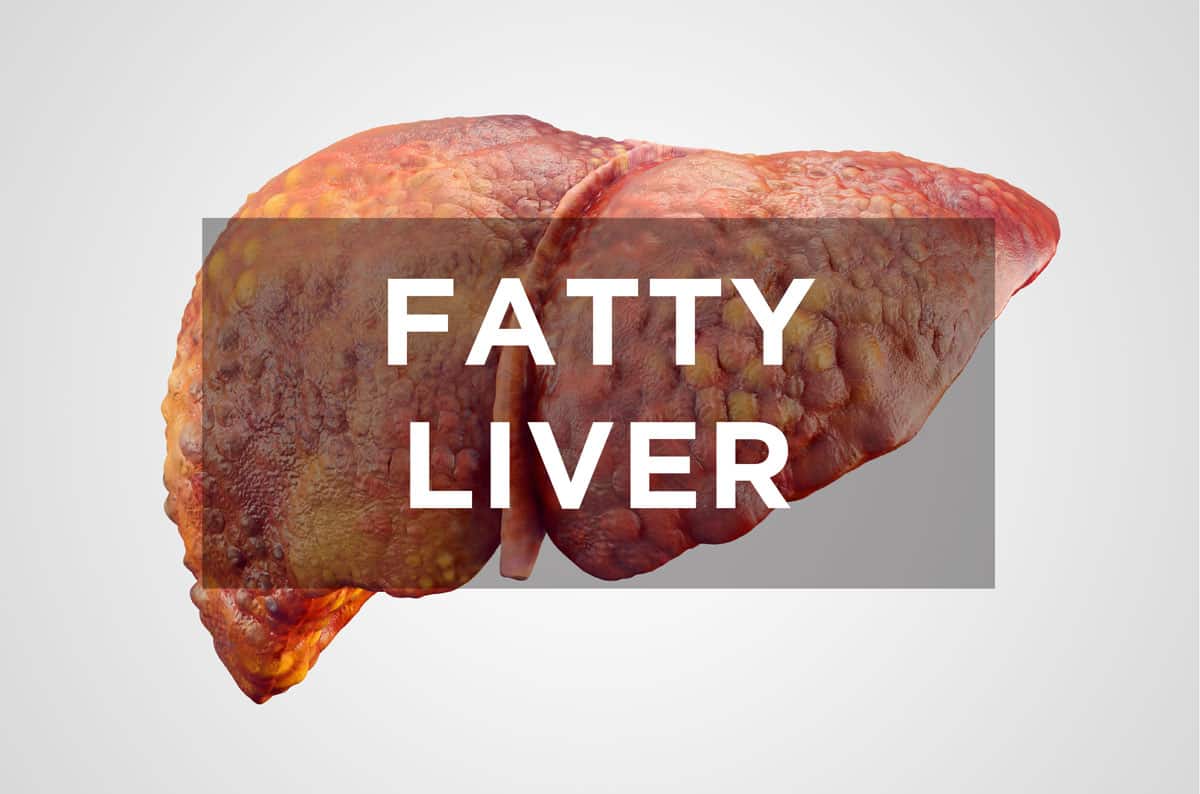
Fatty Liver
Fatty Liver or fatty liver disease is a state where the body cannot utilize all the fat so some are stored as triglycerides in liver cells. Untreated, it may lead to liver cirrhosis and liver cancer in all age groups snd genders. It is common in patients of age 40-50 and above, where the efficiency of digestive system has started to decline.
There are 2 main causes:
- From consumption of alcohol. Severity depends on the volume, type and duration of consumption; so called alcoholic fatty liver
- From other risk factors
- Regular consumption of high-calorie food like flour, sugar or fat
- Being overweight or has BMI over 25
- Diabetic, hypercholesterolemic
- Risk groups to contraction of hepatitis B or hepatitis C
- Side effects of certain drugs such as those from chemotherapy, antibiotics, steroids or hormones
Risk groups
- Obese patients: male with waist circumference of over 40 inches or female with waist circumference of over 35 inches
- Diabetic patients or those with blood sugar over 100 milligram/decilitre
- Those with triglyceride in blood over 150 milligram/decilitre
- Patients with inadequate high-density lipoprotein (HDL): less than 40 milligram/decilitre in male and less than 50 milligram/decilitre in female
- Those with high blood pressure
Symptoms of fatty liver
Fatty liver has gradual disease progression. Patients usually do not realize they have fatty liver as there are no alerting symptoms. If large amount of fat accumulates in the liver, the liver cells will swell and 10-20% of those with fatty liver will develop hepatitis, which has the following symptoms:
- Fatigue, tiredness
- Stomach discomfort
- Uncommon weight loss, loss of appetite
- Nausea
- Dizzy, compromised concentration and decision-making
Diagnosis
- From past medical history, and liver enzyme test
- Ultrasound
- Magnetic Resonance Imaging (MRI)
- Liver tissue biopsy
- Liver function tests using Fibro Scan
Preventative measures
- Keep the body weight balanced and in the healthy range
- Exercise regularly
- Consume healthy food; high fiber, and low fat and calorie
- If diabetes or hypercholesterolimia is present, take medication as prescribed by the doctor, and control diet and exercise
- Avoid taking medication or supplements other than those prescribed by the doctor
- Avoid consuming alcohol
- Annual health checkup






